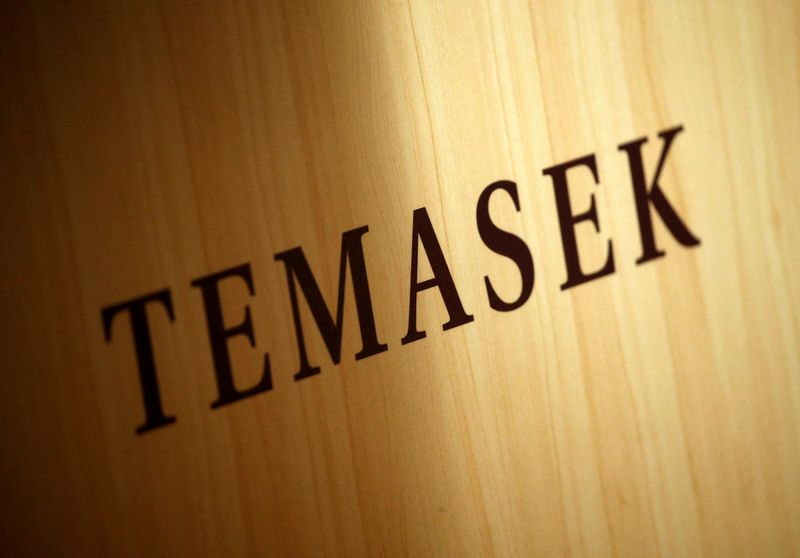NEW YORK (Reuters) -Singapore state investor Temasek plans to speculate as much as $30 billion over the following 5 years within the U.S. in sectors comparable to healthcare, monetary companies and know-how.
“It’s an incredibly deep and broad capital market in the U.S.,” Jane Atherton, Temasek’s head of North America, told Reuters. “The U.S. is absolutely on the forefront of every part that is occurring from the AI perspective.”
The U.S. economy grew faster than expected in the second quarter and continues to outperform its global peers. Despite recent turbulence, the is up 14.5% this year in a rally driven in part by excitement over artificial intelligence.
In contrast, China reported weaker-than-expected growth earlier this month and surprised markets by cutting major short- and long-term interest rates last week in a bid to boost its economy.
About 22% of Temasek’s investments are in the Americas, or $63 billion, and 19% in China. Its exposure to the Americas surpassed China in the last financial year for the first time in a decade.
In the U.S., Temasek is particularly interested in areas related to artificial intelligence, such as data centers, semiconductors and battery storage, Atherton said.
Temasek said earlier this month that profits from investments in the U.S. and India were helping cushion underperformance in China. Temasek also said it is taking a cautious approach to China amid trade tensions.
“Geopolitics at all times performs a task,” Atherton said, while noting that China has underperformed the rest of the world and particularly the U.S. over the past three years.
Temasek manages a $288 billion portfolio focused on long-term investments with themes such as digitization and sustainability.
Atherton said most of the future performance of U.S. stocks will rely on earnings, especially for the tech megacap sector.

“You’ve seen some multiple expansion, but that’s been driven by higher growth, and in theory it’ll pay for it,” she mentioned.
Temasek can be on the lookout for investments in each private and non-private markets, as extra personal fairness companies search to divest.




